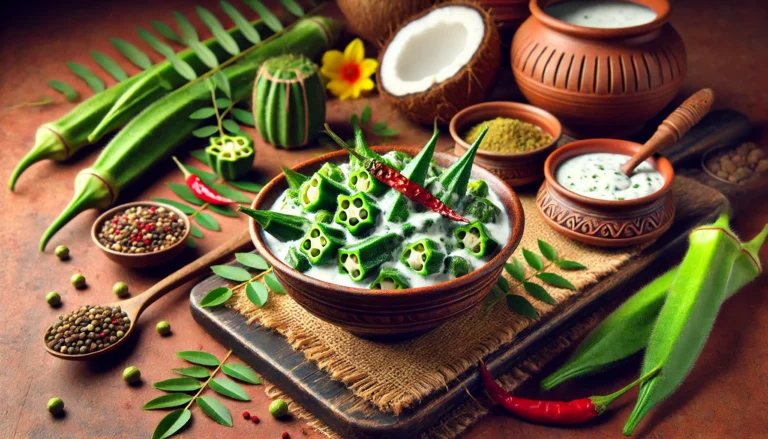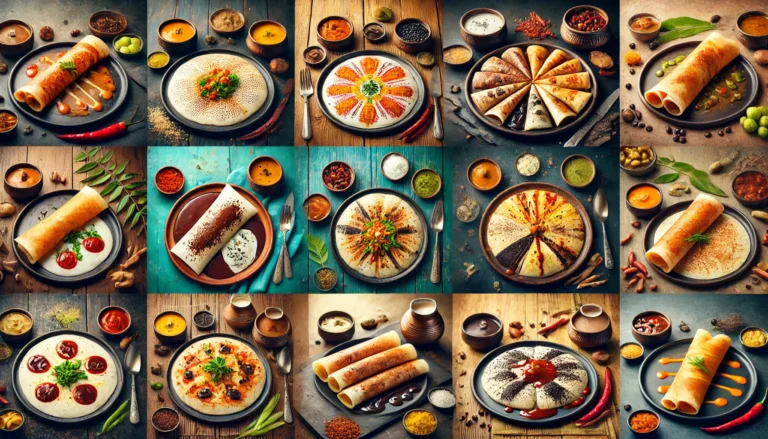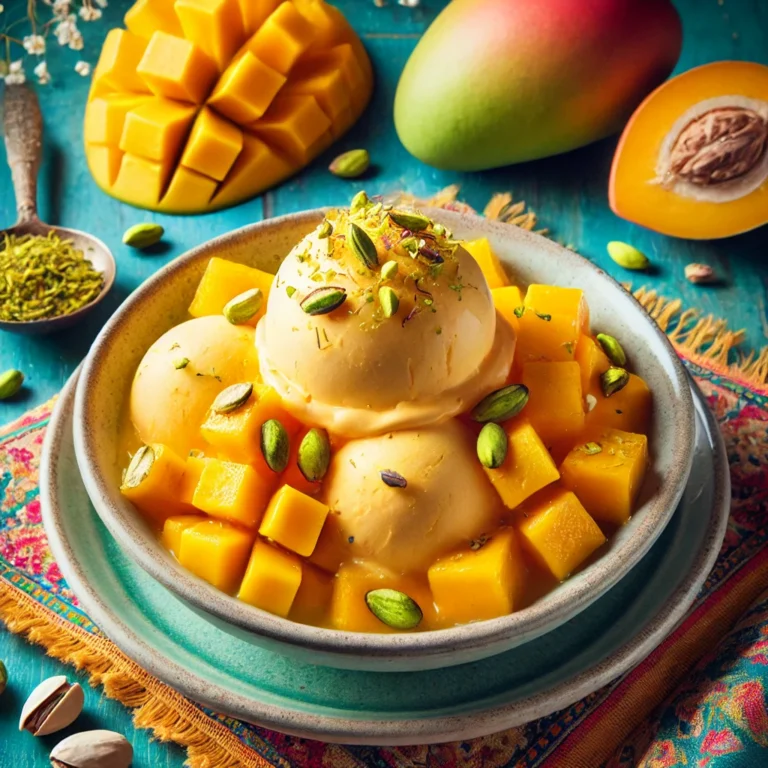15 staple Indian dals and lentils and their protein content
Indian cuisine is rich in variety and flavor, and one of its fundamental building blocks is dal (lentils). These pulses are not only delicious but also packed with essential nutrients, especially protein. This article explores 15 staple Indian dals and lentils, highlighting their protein content and health benefits.
1. Toor Dal (Pigeon Pea)
Toor dal, also known as arhar dal, is a popular ingredient in Indian households. It is used to prepare various dishes, including the famous South Indian sambhar.
- Protein Content: Approximately 22 grams of protein per 100 grams.
- Health Benefits: Rich in dietary fiber, toor dal aids digestion and is an excellent source of folic acid, which is crucial for fetal development.
2. Moong Dal (Green Gram)
Moong dal comes in two forms: split and whole. The split moong dal is yellow, while the whole is green. It’s light and easy to digest.
- Protein Content: Around 24 grams of protein per 100 grams.
- Health Benefits: High in antioxidants and has anti-inflammatory properties. It helps in weight management and improves heart health.
3. Masoor Dal (Red Lentil)
Masoor dal is a staple in many Indian kitchens, known for its quick cooking time and versatility.
- Protein Content: Approximately 25 grams of protein per 100 grams.
- Health Benefits: Rich in iron and folate, it helps in improving hemoglobin levels and supports overall cell function.
4. Chana Dal (Bengal Gram)
Chana dal is split chickpeas that are widely used in various Indian dishes, from curries to snacks.
- Protein Content: About 19 grams of protein per 100 grams.
- Health Benefits: High in fiber and low in glycemic index, making it suitable for diabetics. It also supports cardiovascular health.
5. Urad Dal (Black Gram)
Urad dal, especially the split and skinned variety, is integral to South Indian cuisine, used in making dosa and idli.
- Protein Content: Around 25 grams of protein per 100 grams.
- Health Benefits: Rich in iron and magnesium, it supports bone health and muscle function.
6. Rajma (Kidney Beans)
Rajma is a favorite in North Indian cuisine, often prepared in a spicy gravy and served with rice.
- Protein Content: Approximately 24 grams of protein per 100 grams.
- Health Benefits: High in fiber, it helps in controlling blood sugar levels and supports digestive health.
7. Kabuli Chana (Chickpeas)
Commonly known as garbanzo beans, kabuli chana is used in various dishes, including the famous chole.
- Protein Content: About 19 grams of protein per 100 grams.
- Health Benefits: Rich in vitamins and minerals, it helps in weight management and boosts heart health.
8. Masoor Whole (Brown Lentil)
Whole masoor dal is similar to its split counterpart but retains the husk, adding more fiber to the diet.
- Protein Content: Approximately 25 grams of protein per 100 grams.
- Health Benefits: Contains antioxidants that fight free radicals and support overall health.
9. Lobia (Black-eyed Peas)
Lobia is a versatile bean used in various Indian dishes, known for its unique flavor and texture.
- Protein Content: Around 13 grams of protein per 100 grams.
- Health Benefits: Supports cardiovascular health and aids in managing cholesterol levels.
10. Moth Beans (Matki)
Moth beans are small, brown, and often sprouted for use in salads and other dishes.
- Protein Content: About 23 grams of protein per 100 grams.
- Health Benefits: High in vitamins and minerals, it boosts immunity and supports digestive health.
11. Kulthi (Horse Gram)
Horse gram is a lesser-known legume but highly nutritious, often used in traditional Indian medicine.
- Protein Content: Approximately 22 grams of protein per 100 grams.
- Health Benefits: Helps in weight loss, controls diabetes, and is beneficial for kidney health.
12. Masoor Split (Pink Lentil)
Split masoor dal is another variety of red lentils, known for its quick cooking time.
- Protein Content: Around 25 grams of protein per 100 grams.
- Health Benefits: High in dietary fiber, it aids in digestion and helps in lowering cholesterol levels.
13. Chana Whole (Whole Bengal Gram)
Whole chana, when roasted, is a popular snack in India and is also used in various dishes.
- Protein Content: About 19 grams of protein per 100 grams.
- Health Benefits: Rich in antioxidants and essential vitamins, it supports overall health.
14. Masoor Black (Black Lentil)
Black lentils, also known as beluga lentils, are rich in flavor and nutrition.
- Protein Content: Approximately 25 grams of protein per 100 grams.
- Health Benefits: Contains iron and folate, which are essential for energy production and overall cell health.
15. Mung Beans (Green Gram Whole)
Whole mung beans are often sprouted and used in salads, soups, and other dishes.
- Protein Content: Around 24 grams of protein per 100 grams.
- Health Benefits: High in antioxidants, it helps in detoxifying the body and boosting immunity.
Conclusion
Indian dals and lentils are a powerhouse of protein and other essential nutrients. Including a variety of these pulses in your diet can provide numerous health benefits, from improving digestion and heart health to supporting weight management and boosting immunity. Whether you are a vegetarian looking to increase your protein intake or simply enjoy the diverse flavors of Indian cuisine, these dals and lentils are perfect additions to your meals.
Tips for Cooking Dals and Lentils
- Soaking: Soaking dals and lentils for a few hours before cooking can reduce cooking time and improve digestibility.
- Spices: Enhance the flavor of your dal with spices like cumin, mustard seeds, turmeric, and asafoetida.
- Garnishes: Fresh herbs like cilantro, curry leaves, and mint can add a refreshing touch to your dal dishes.
- Accompaniments: Serve your dal with rice, roti, or naan for a complete and satisfying meal.
Nutritional Insights
Including a variety of dals and lentils in your diet ensures a well-rounded intake of essential nutrients. They are an excellent source of plant-based protein, making them especially valuable for vegetarians and vegans. Additionally, they provide complex carbohydrates, dietary fiber, vitamins, and minerals, all of which contribute to overall health and well-being.
Embrace the rich culinary heritage of India by incorporating these nutritious dals and lentils into your daily meals. Not only will you enjoy their diverse flavors and textures, but you’ll also benefit from their impressive nutritional profiles.


